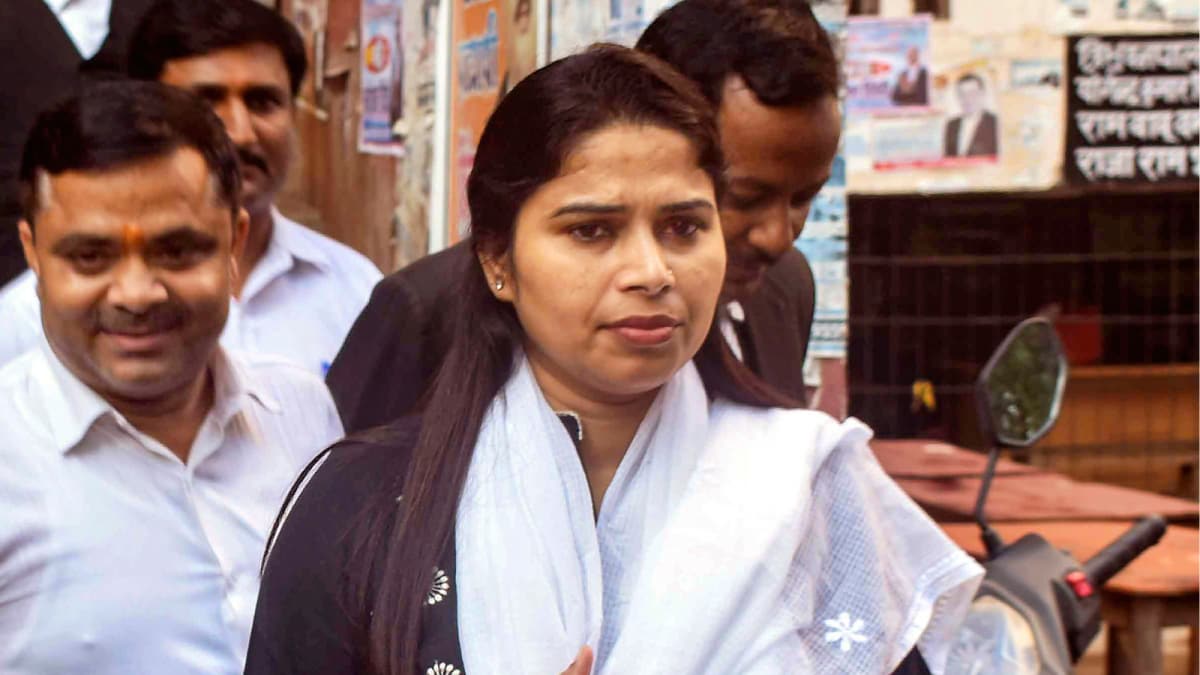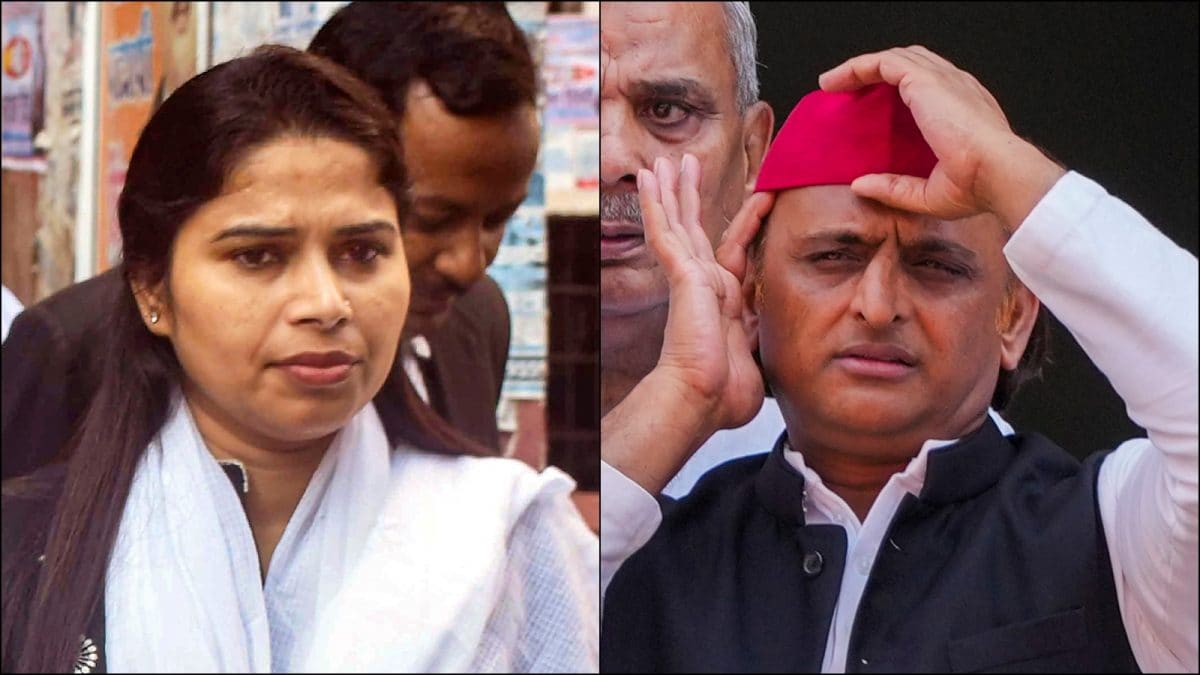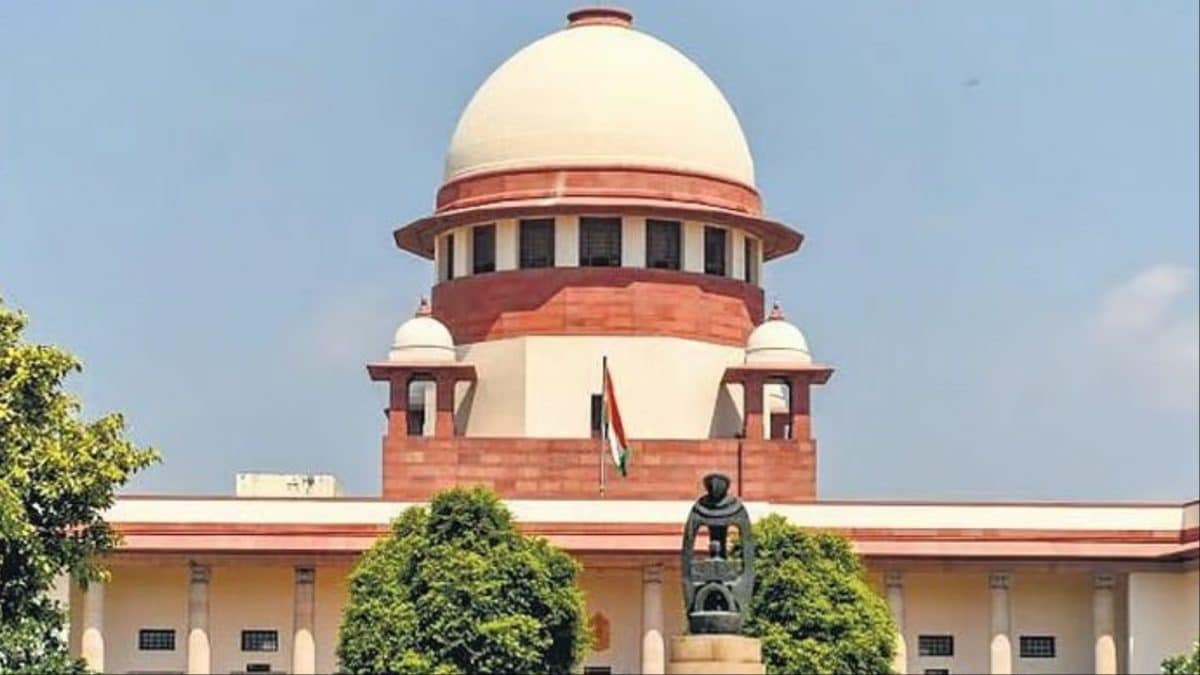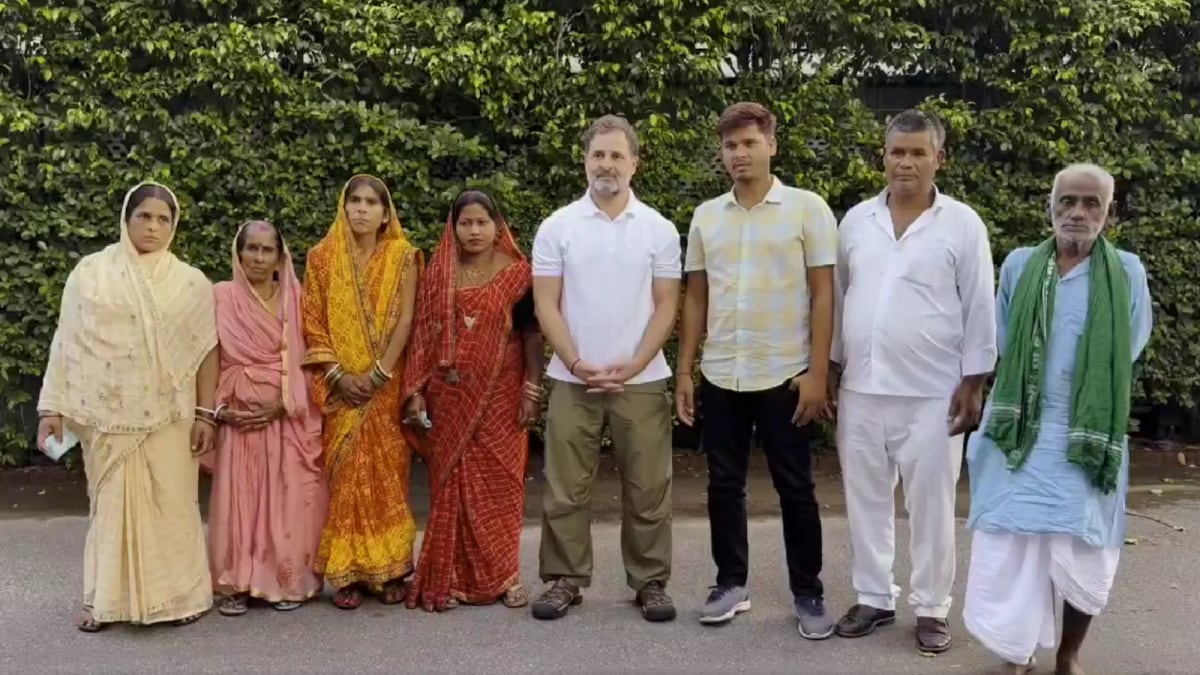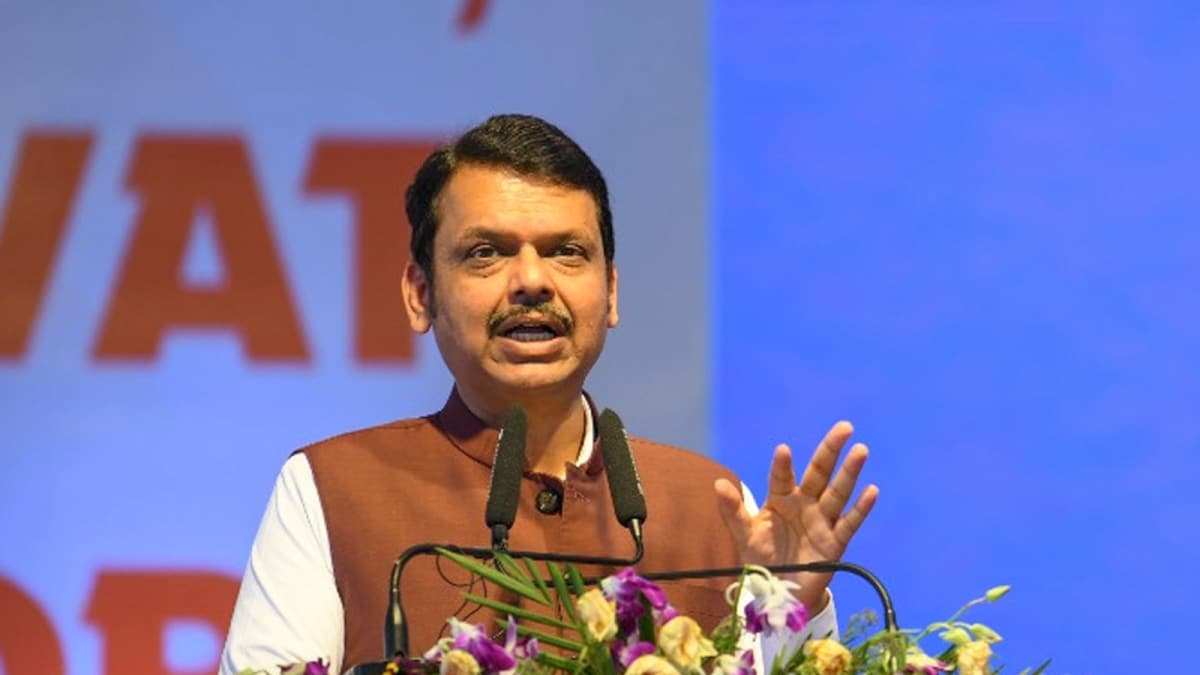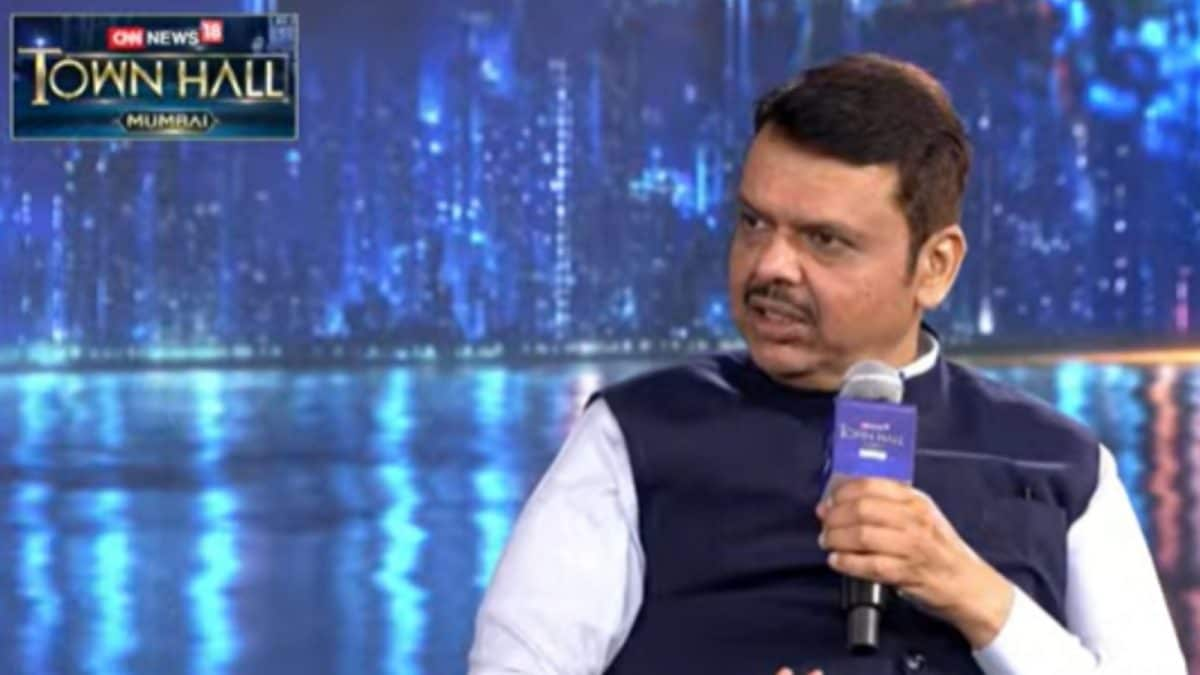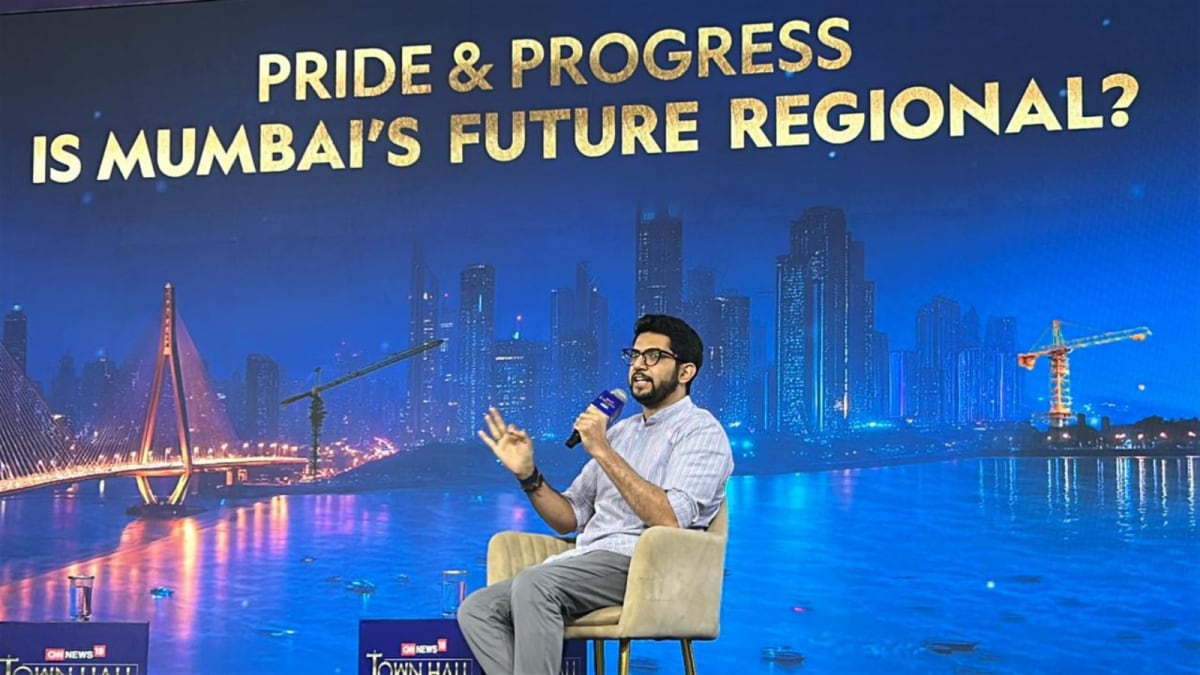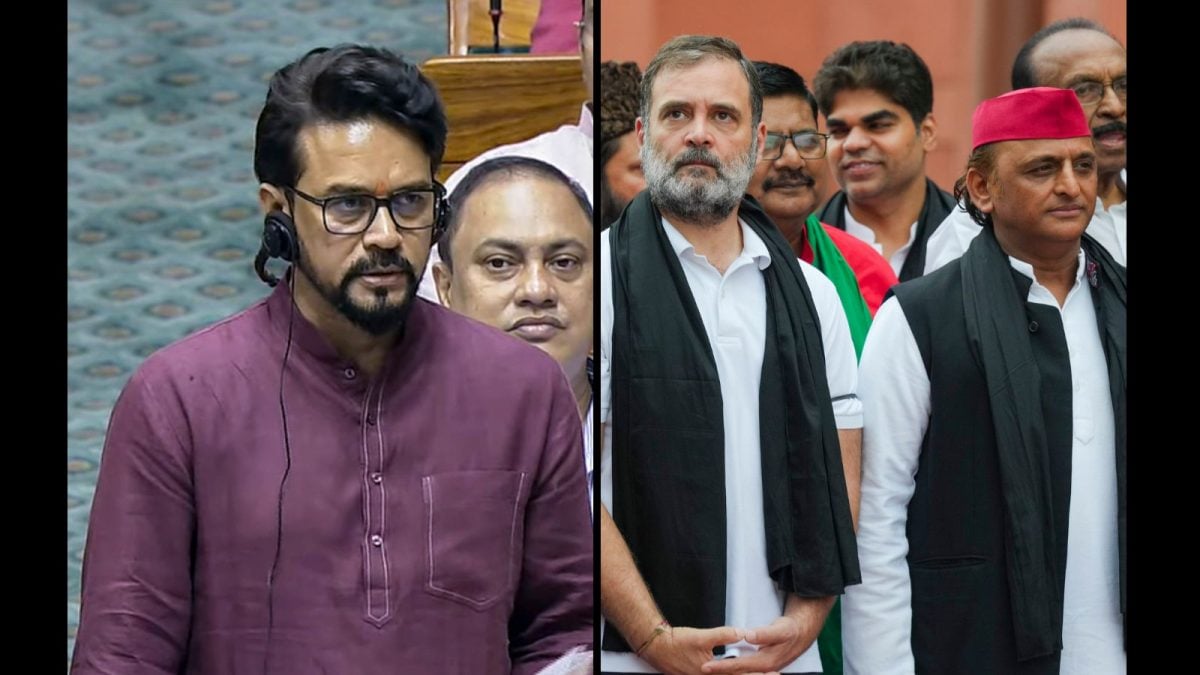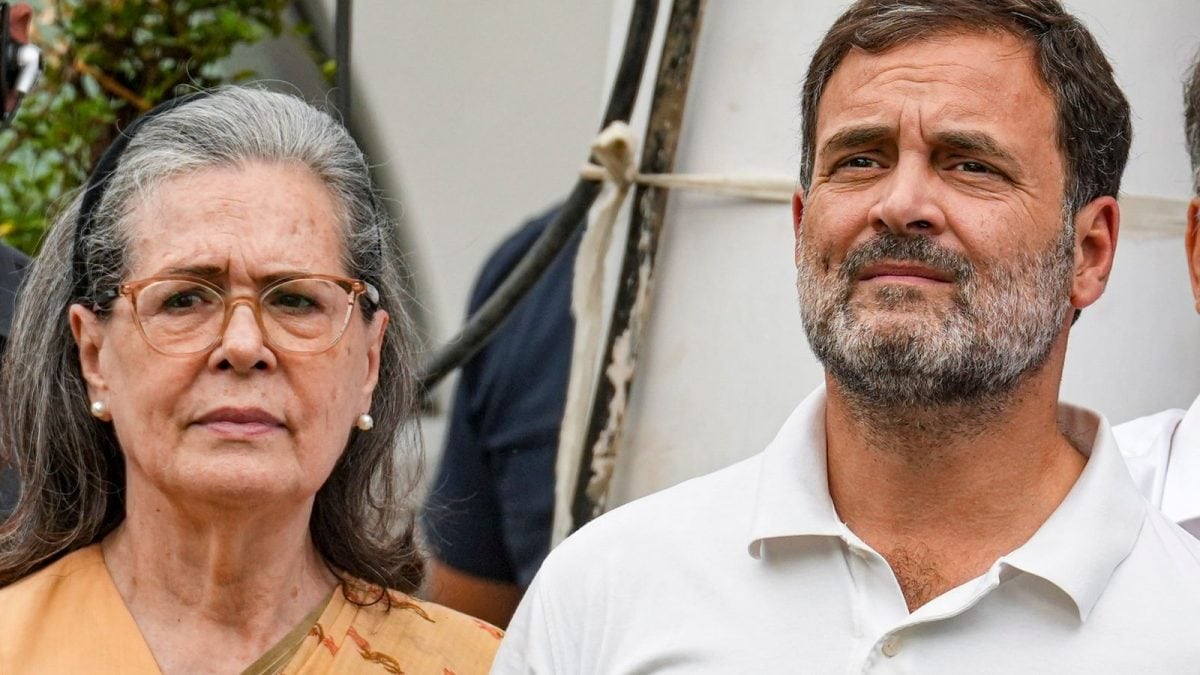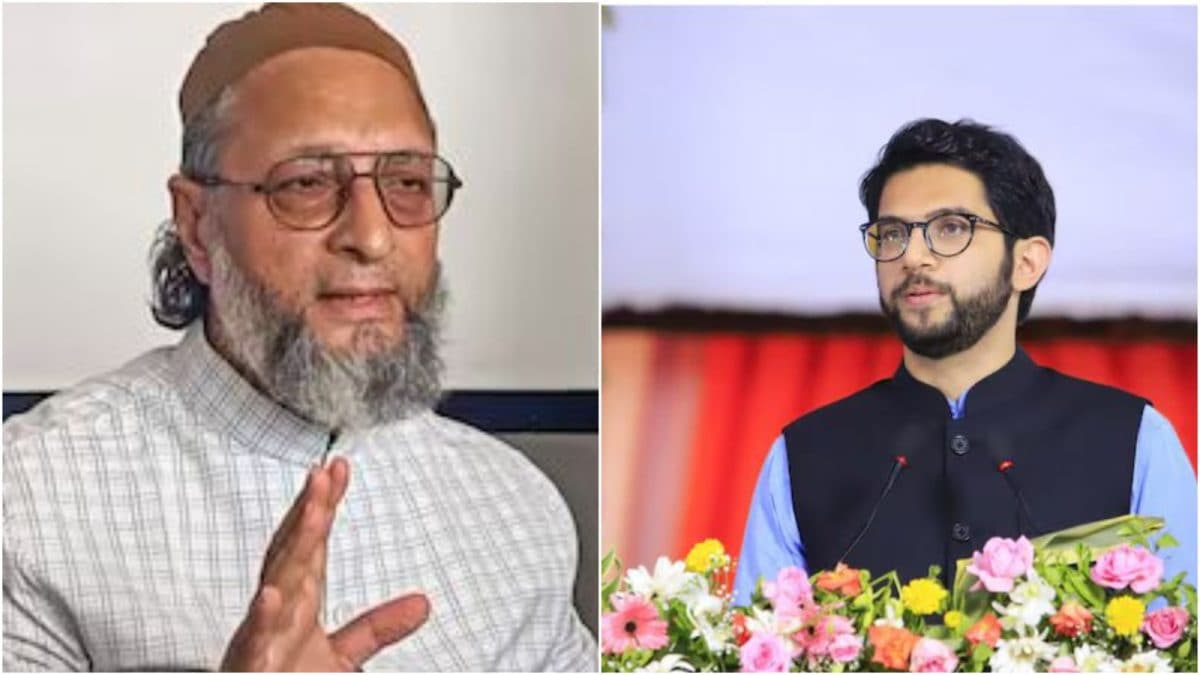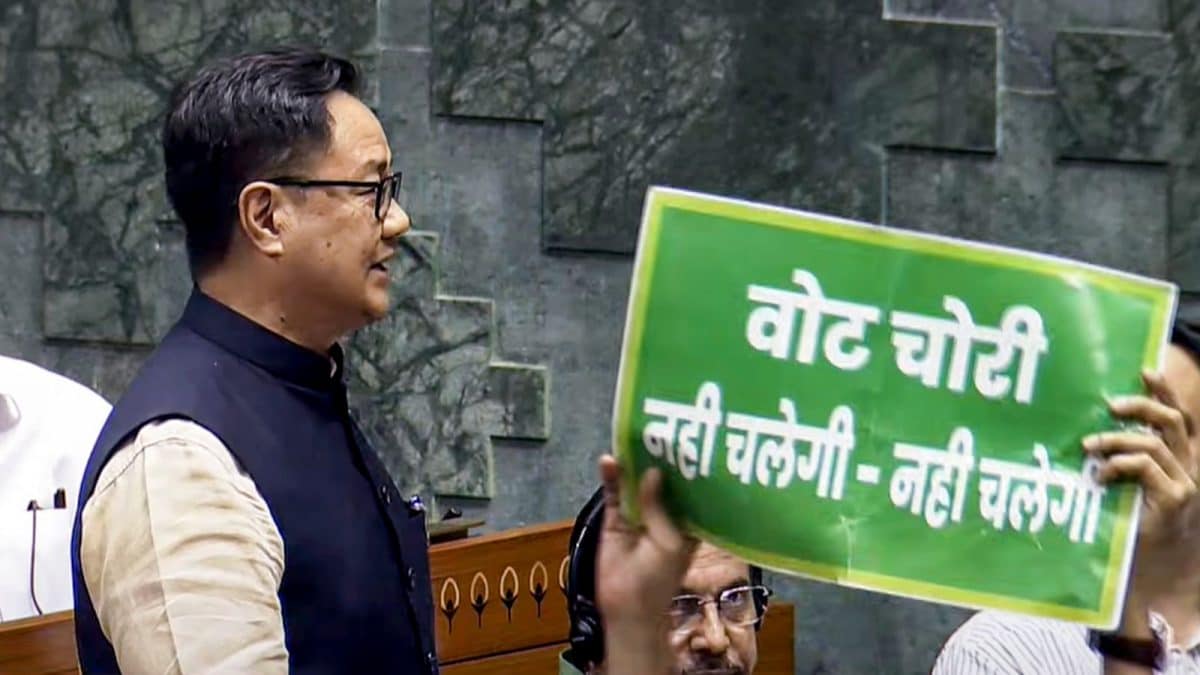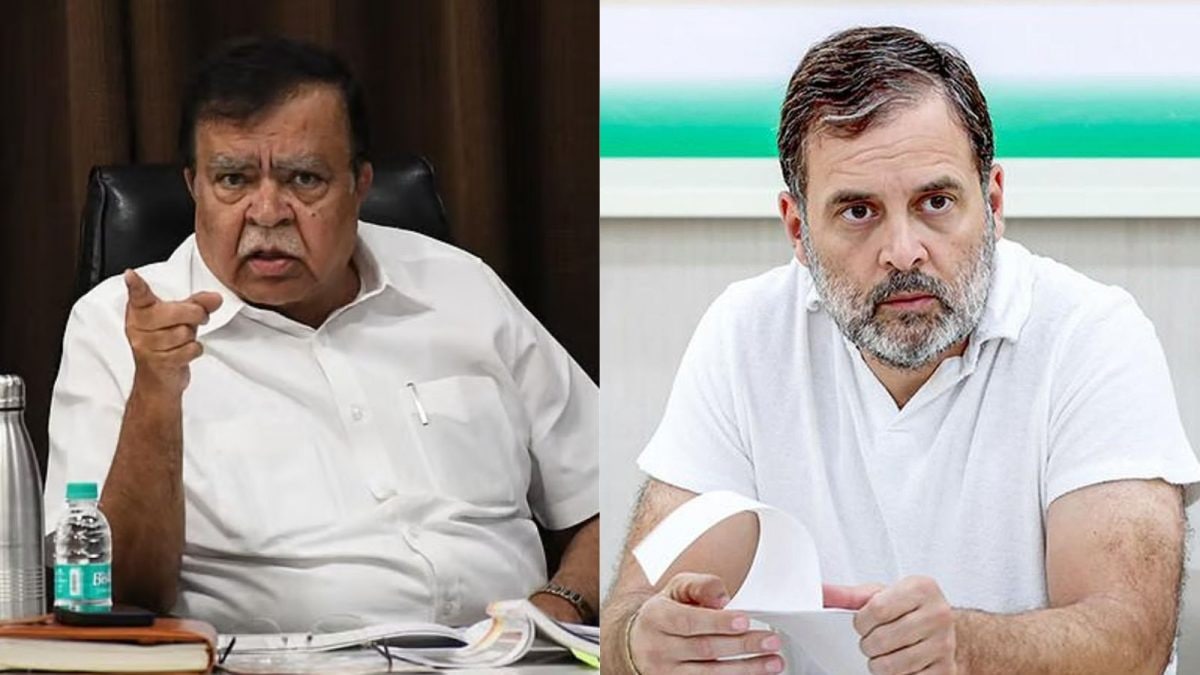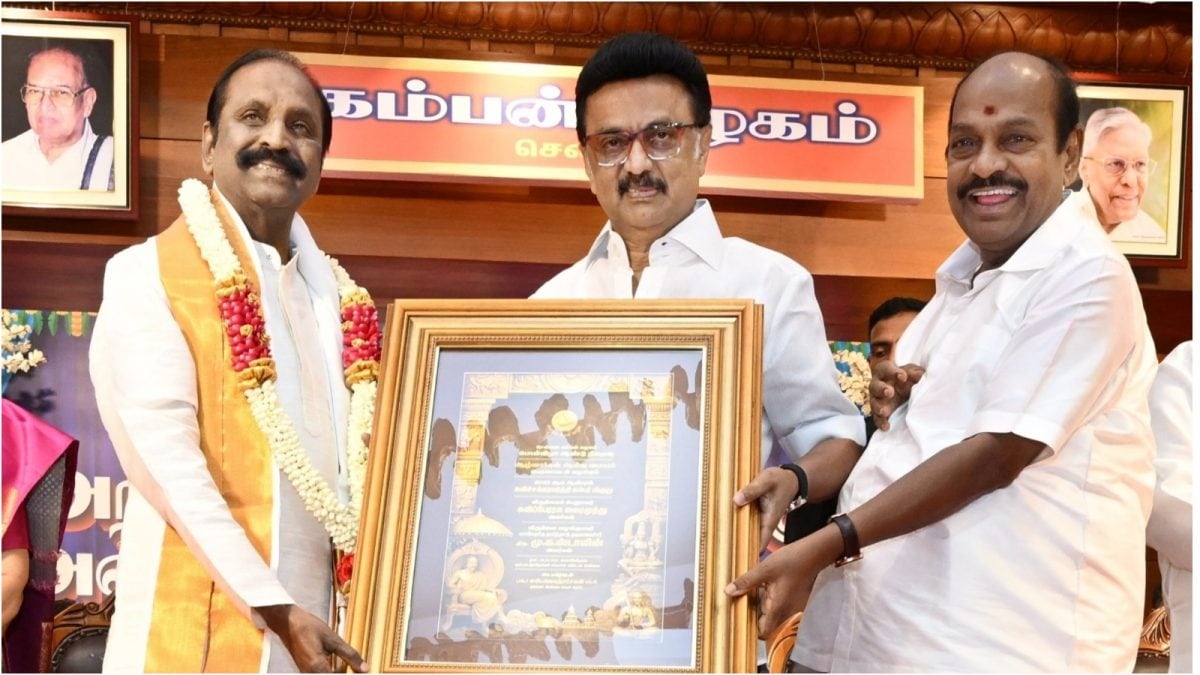Last Updated:June 20, 2025, 13:17 IST
Having attempted to gain ground with the Hindu vote and not found sustained success, the Congress now seems to be doubling down on its appeal to minority communities.

Seat-sharing talks and the Bihar elections will be a critical moment for the Congress’s minority outreach strategy. (Image: PTI)
The first big election that the Congress will face as a litmus test after Operation Sindoor will be Bihar. With a 17 per cent Muslim population, Bihar presents a crucial electoral opportunity, with the Congress, JD(U), and RJD all eyeing the same vote pie. However, this battle for the Muslim vote is not limited to Bihar. ly, the almost 20 per cent Muslim votebank could be a game-changer for the Congress in its broader revival strategy.
In recent years, the Congress has attempted to strike a balance between wooing the Hindutva constituencies and appealing to minority voters. However, it remains acutely aware that when it comes to the Hindu votebank, the BJP continues to be the natural first choice. In areas where Congress does secure Hindu votes, it is often not for religious reasons but due to local dynamics or disenchantment with the BJP. Given this reality, the party appears to be falling back on what was once its traditional stronghold — the Muslim vote.
It was not without reason that former Prime Minister Dr Manmohan Singh once advocated for the speedy implementation of the Sachar Committee recommendations and emphasised increasing the rights of Muslims. This policy orientation underlined the Congress’s commitment to minority welfare and social justice.
Having attempted to gain ground with the Hindu vote and not found sustained success, the Congress now seems to be doubling down on its appeal to minority communities. But this is easier said than done. Not only does it face tough competition from regional parties such as the RJD and JD(U), it also has to deal with vote-sharing challenges with its own allies. The 17 per cent Muslim vote share in Bihar is being hotly contested, and Congress is in the race with both allies and opponents.
This broader context helps explain several recent political positions taken by the Congress. Take, for example, the case of Operation Sindoor. Cognizant of the backlash it faced for questioning the Balakot airstrikes in the past, the party has taken a more calibrated approach this time. While publicly supporting the government’s stance on the operation, certain leaders of the party have also raise questions subtly. Udit Raj, for instance, questioned the religious undertone of the operation’s name, suggesting that the BJP tends to link military actions to Hindu symbols. The subtext was clear: to send a message to its minority base that the Congress still challenges the BJP’s majoritarian leanings.
The party’s stand on the Iran-Israel conflict also reflects its evolving minority strategy. Priyanka Gandhi Vadra delivered one of the sharpest critiques of the government’s silence on Gaza, accusing it of ignoring human rights violations. “India is standing silent as Israel annihilates a nation," she said, making it clear where the Congress’s sympathies lie. Her carrying a pro-Palestine tote bag in Parliament only further reinforced the message — a calculated effort to align with minority sentiment.
At the state level too, groundwork has begun. The Karnataka Congress government recently announced 4 per cent reservation for Muslims in government contract jobs and proposed an increase in housing reservation for minorities from 10 per cent to 15 per cent. These decisions are not just governance moves but political signals, conveying that a Congress-led government at the Centre or in states like Bihar or Kerala would prioritise minority welfare.
Looking ahead, seat-sharing talks and the Bihar elections will be a critical moment for the Congress’s minority outreach strategy. Despite its alliance with the RJD, the Congress is clearly trying to carve out an independent appeal among Muslim voters. The induction of leaders like former JD(U) MP Anwar Ansari and other Pasmanda Muslim figures into its fold is part of this push.
However, in its attempt to reclaim the Muslim vote while also appeasing some Hindu constituencies, the Congress often appears directionless — caught between conflicting impulses. Its struggle to choose between consolidating the Muslim vote and pursuing a soft Hindutva line leaves the party at political crossroads.

Pallavi Ghosh has covered politics and Parliament for 15 years, and has reported extensively on Congress, UPA-I and UPA-II, and has now included the Finance Ministry and Niti Aayog in her reportage. She has als...Read More
Pallavi Ghosh has covered politics and Parliament for 15 years, and has reported extensively on Congress, UPA-I and UPA-II, and has now included the Finance Ministry and Niti Aayog in her reportage. She has als...
Read More
News elections In First Litmus Test After Op Sindoor, Congress Eyes Muslim Vote Ahead Of Bihar Polls

 1 month ago
1 month ago

